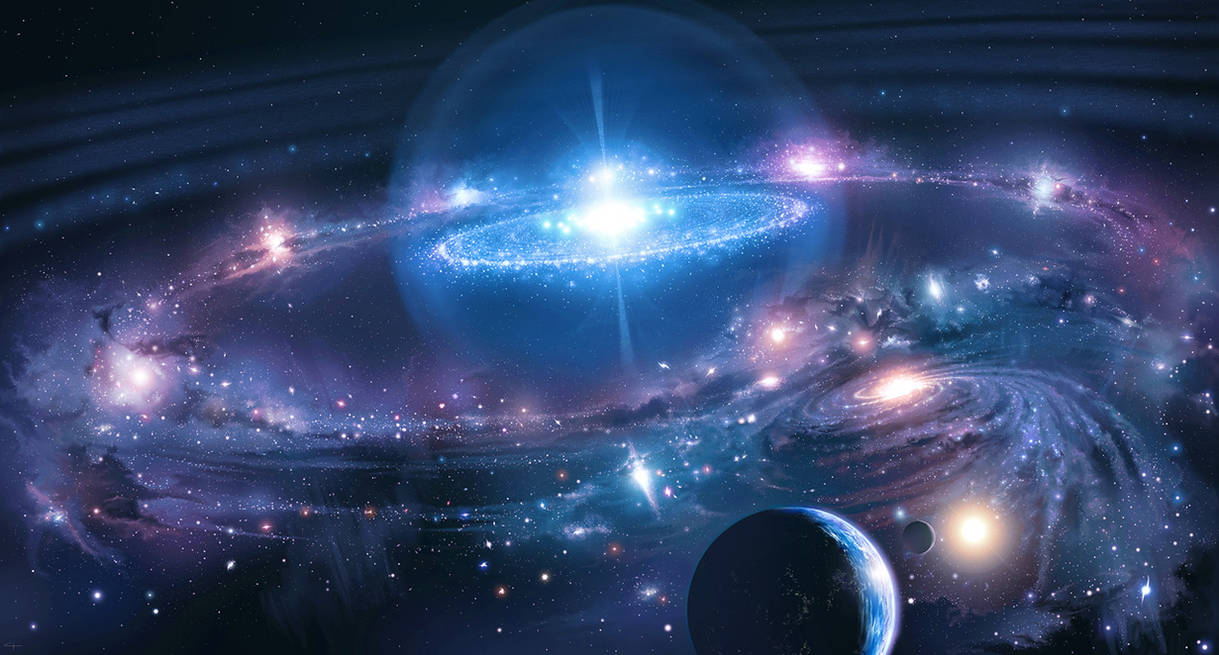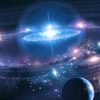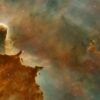People have been trying to figure out what the universe is for hundreds of years. Each generation has added to the cosmic puzzle, from old myths that tried to explain the stars to Einstein’s theory of relativity. Even with all of our scientific progress, there is still one question that bothers us: What if we still don’t know everything there is to know about the universe?
Science has always been a process, not an end. Things that were once thought to be true are later changed, shown to be false, or built on. People used to think that the Earth was the center of the universe. People used to think that time moved the same way everywhere. People used to think that matter couldn’t be split up. And now that new ideas are coming up, even what we thought we knew about black holes and the Big Bang is being questioned. It’s scary to think that what we know now is only a small piece of a bigger truth. But it’s also very exciting.
The Unfinished State of Human Knowledge
History shows that we can never know everything about people. For example, Isaac Newton. For hundreds of years, his laws of motion and gravity changed physics and helped us learn more about the universe. But then Albert Einstein came along and showed us that Newton’s laws weren’t wrong; they just didn’t have all the parts. They worked for most things, but they couldn’t explain things that happened on a cosmic or quantum level. Scientists are still having the same problems today. Even though we can’t see them, scientists think that dark matter and dark energy make up 95% of the universe. Quantum mechanics is useful for things that are smaller than atoms, but it doesn’t work with general relativity, which is the law that governs everything in the universe. Something isn’t right somewhere. We should ask ourselves: Are we only scratching the surface of reality?
A New Equation: Plus Equals Minus
If we talk about the book, Plus Equal Minus is a bold idea that wants to change how we think about the universe. This controversial theorem posits that (+ = -), indicating that opposites may not be distinct entities, but rather equal and essential elements of a cohesive reality. Every particle has an antiparticle, every action has an equal and opposite reaction, and every life ends in death. What if this simple but deep symmetry is what makes everything work? We shouldn’t see the universe as a bunch of forces that are against each other. We should think of it as a balance of opposites: positive and negative, creation and destruction, matter and antimatter, black holes and white holes.
Thinking about the Big Bang again
Plus Equal Minus has some of the most daring new ideas, like the one that the Big Bang wasn’t just an explosion, but a change. At time = 0 seconds, lightning left a black hole and turned into a white hole. Scientists have always said that the Big Bang started time and space, but they can’t agree on what made it happen. What was there “before” time? How can “nothing” turn into “something” The black hole-to-white hole theory proposes a fascinating idea: that creation is cyclical instead of linear. We might think that something is the beginning of something new when it is really just a change. The universe might not have come from nothing; it might have come back to life from what was there before. If this is true, then the beginning of the universe, which is the most mysterious thing in the universe, might not be about beginnings at all, but about cycles of change that never end.
The Function of Spirituality in Science
This point of view is also interesting because it mixes autobiography, spirituality, and science. The writer of Plus Equal Minus calls the autobiography the “Old Testament” and the scientific essays the “New Testament.” It seems like the two are having a conversation and not a fight. For hundreds of years, science and spirituality have not gotten along. Faith was based on believing something without proof, but science needed proof. But what if both are only parts of the same truth? Einstein said, “Science without religion is lame, religion without science is blind.” You might need to use both logic and faith, reason and wonder, and plus and minus to really get it.
The Philosophy of Incompleteness
We ask, “What if everything you thought you knew about the universe was wrong?” We’re not just talking about the whole world. We’re talking about life itself. People want to be sure. We want answers that will last, truths that will last, and a strong place to stand. But maybe that’s not how things work in the world. It could be based on two sides, balance, and opposites. Think about these:
- Light acts like a wave and a particle at the same time.
- In very extreme situations, time can change shape, stretch, and even stop.
- Matter and antimatter kill each other, but they both need to be there.
The more we learn, the less sense things make. But maybe these contradictions don’t mean something is wrong; they mean something is true. Maybe the universe isn’t meant to be easy. Maybe it’s not complete that makes it what it is.
Why Being Incomplete Is Beautiful
We don’t have to worry that we don’t know everything; we can just see it as a gift. The mystery makes people want to know more. If we already knew everything about the universe, we wouldn’t be able to wonder, be curious, or grow. We want to keep looking because we don’t have everything we need. To keep asking. To stay humble even when life gets big.
Conclusion
What if everything you thought you knew about the universe was wrong? The answer is both simple and deep: it always has been and always will be. But that’s not a bad thing; it’s what makes us who we are. We don’t have to know everything; we just have to keep trying to learn. To understand that plus and minus are not enemies but friends. That beginnings could be changed. And that the universe’s mysteries are not problems to be solved, but chances to learn more. Ultimately, the most important thing to remember is that being incomplete does not mean being ignorant; it means having unlimited potential.





